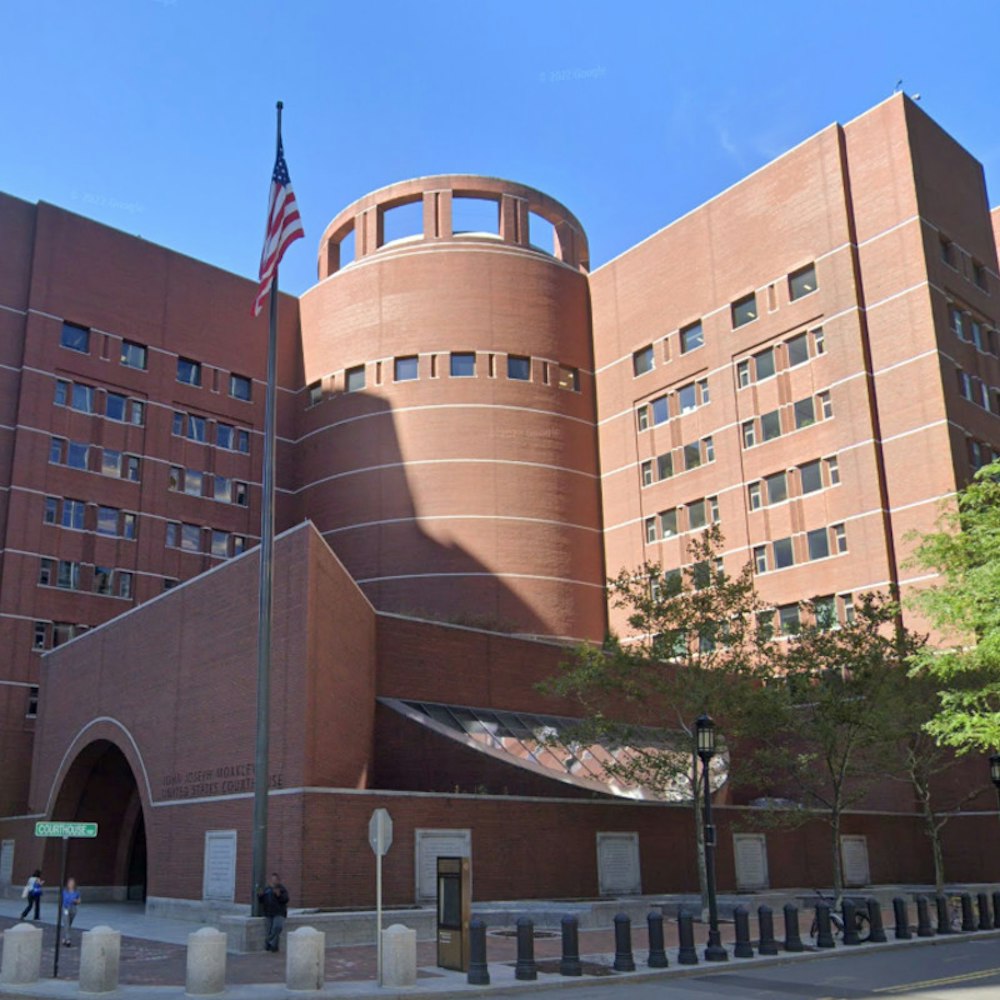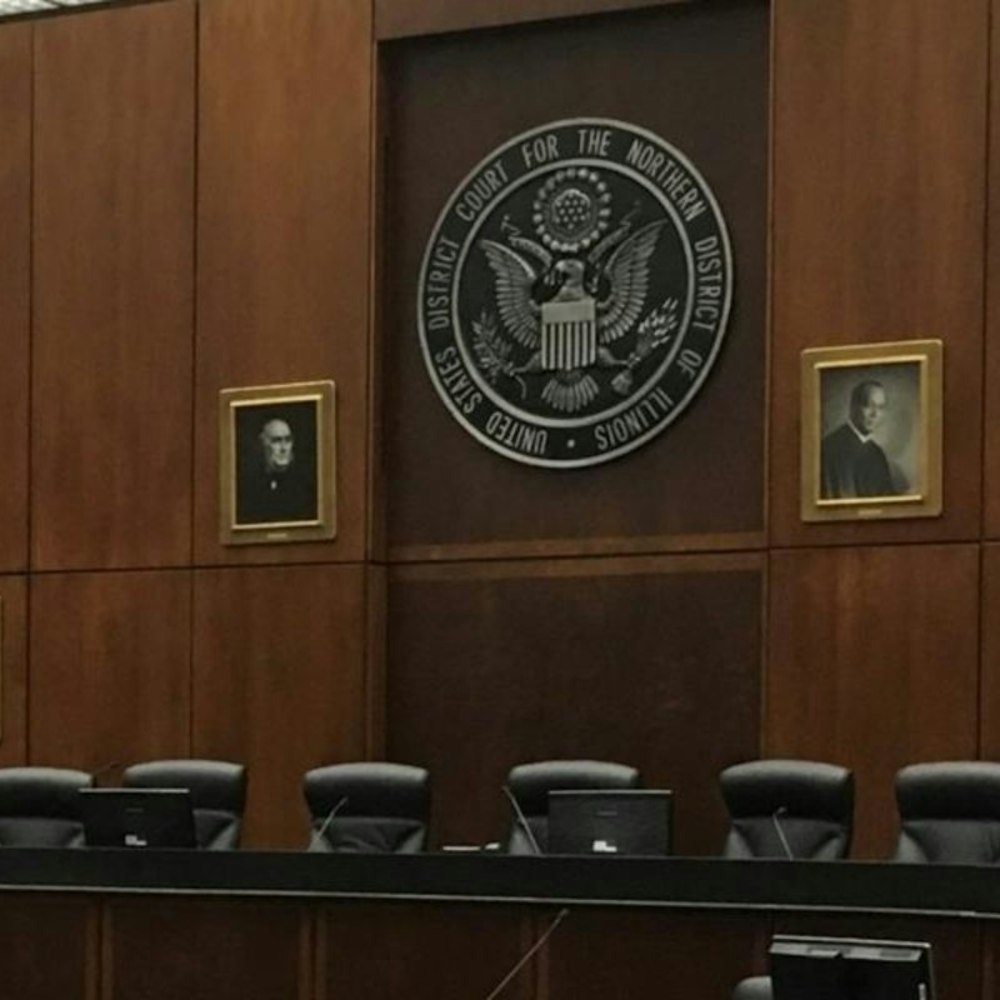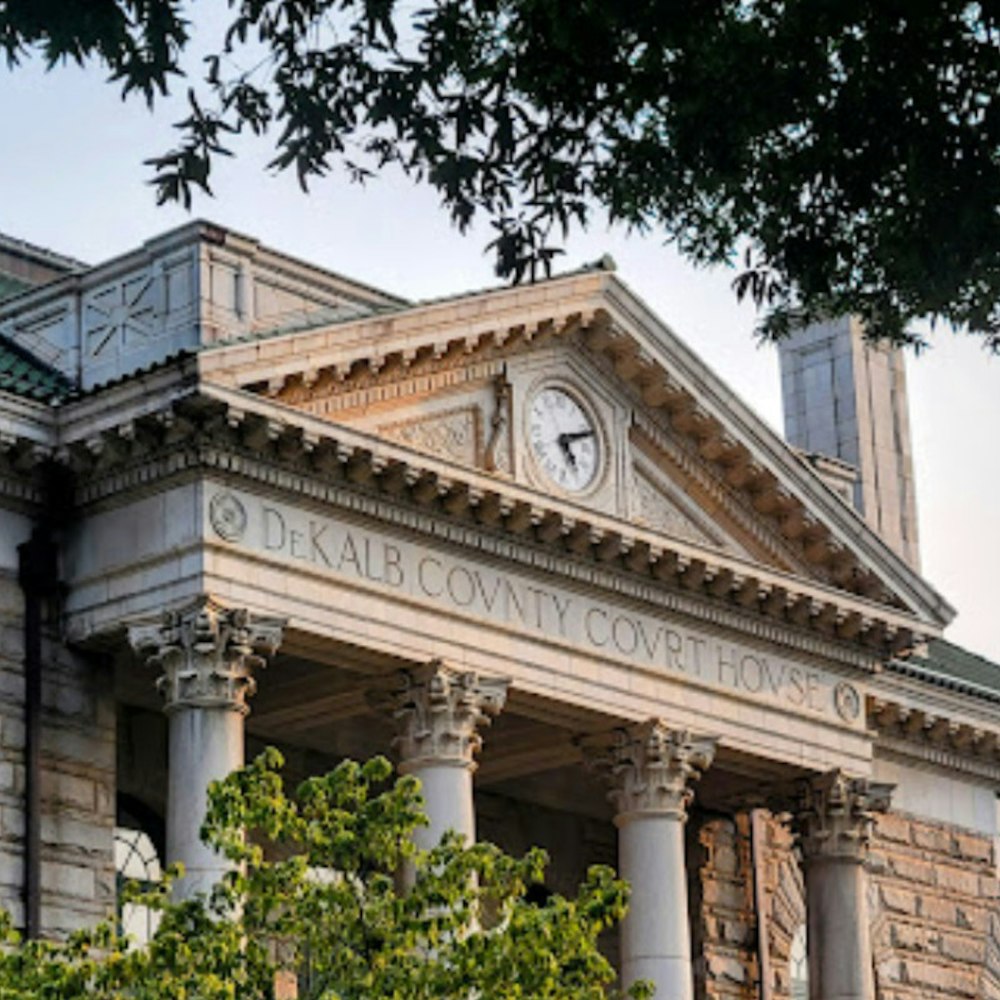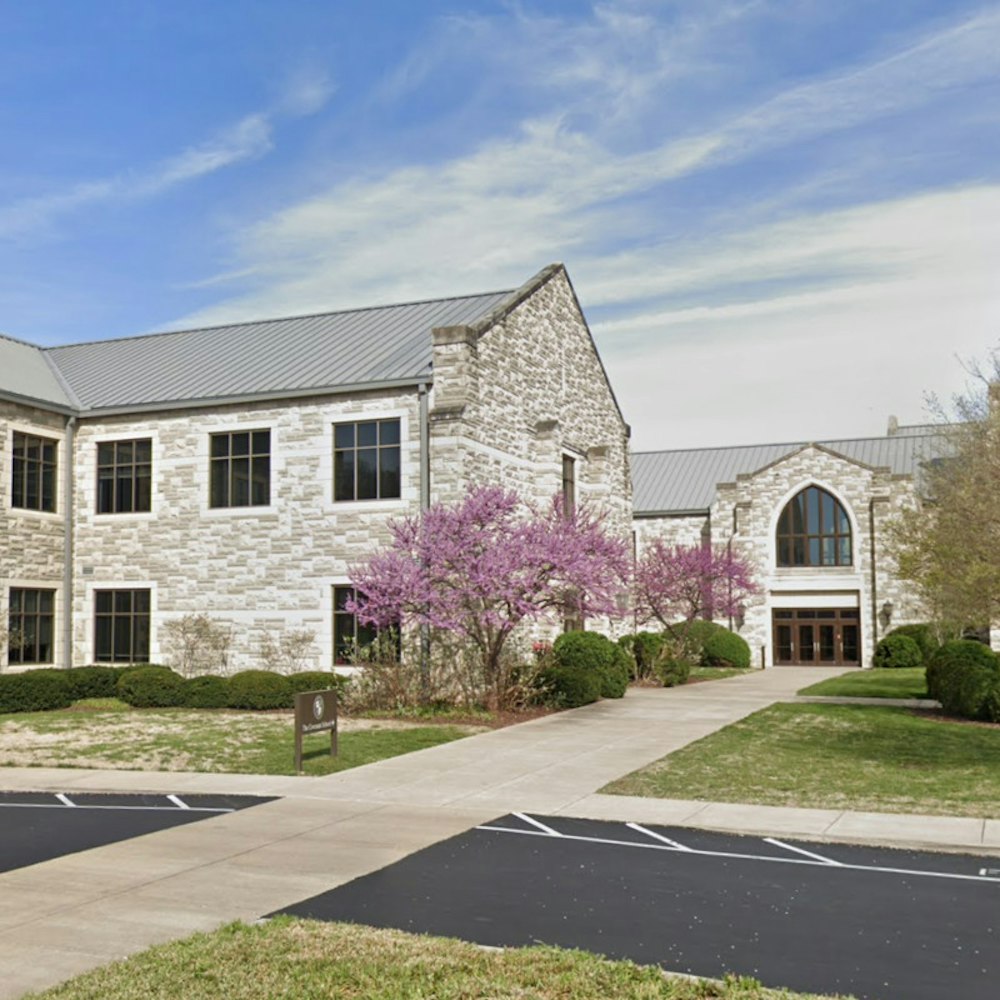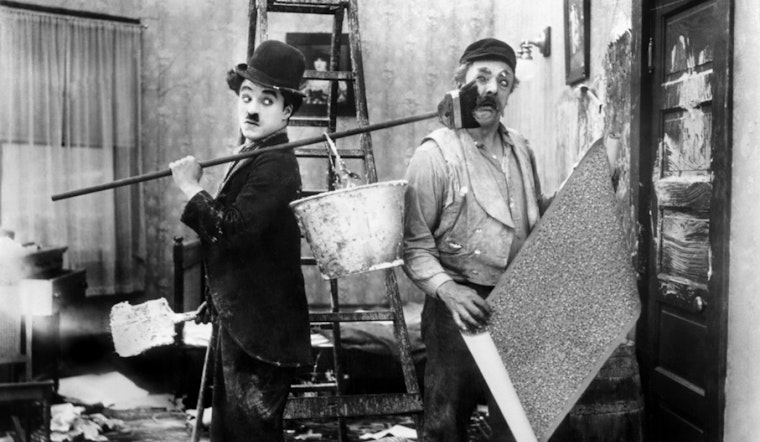
On Saturday, the San Francisco Silent Film Festival will host Day of Silents, a special one-day celebration of silent cinema, at the Castro Theater. Films from the 1920s and earlier will be screened, along with live musical accompaniment.
"What we're doing is making it possible for people to see extraordinary films," said Anita Monga, the Silent Film Festival's artistic director. "You might be able to watch these films at home, but the live cinema experience is not available in your home."
Day of Silents' program will include what may be the first gay-themed feature film ever produced, as well as a number of early works by Charlie Chaplin, which he made for Essanay Studios in 1915.
Other screenings include 1928's The Last Command, for which now-forgotten star Emil Jannings took home the very first Academy Award for Best Actor; 1925's Strike, the first film by acclaimed Russian director Sergei Eisenstein; and 1928's Sadie Thompson, a then-daring film in which Gloria Swanson plays a San Francisco prostitute who finds herself battling a crusading preacher on a South Seas island.
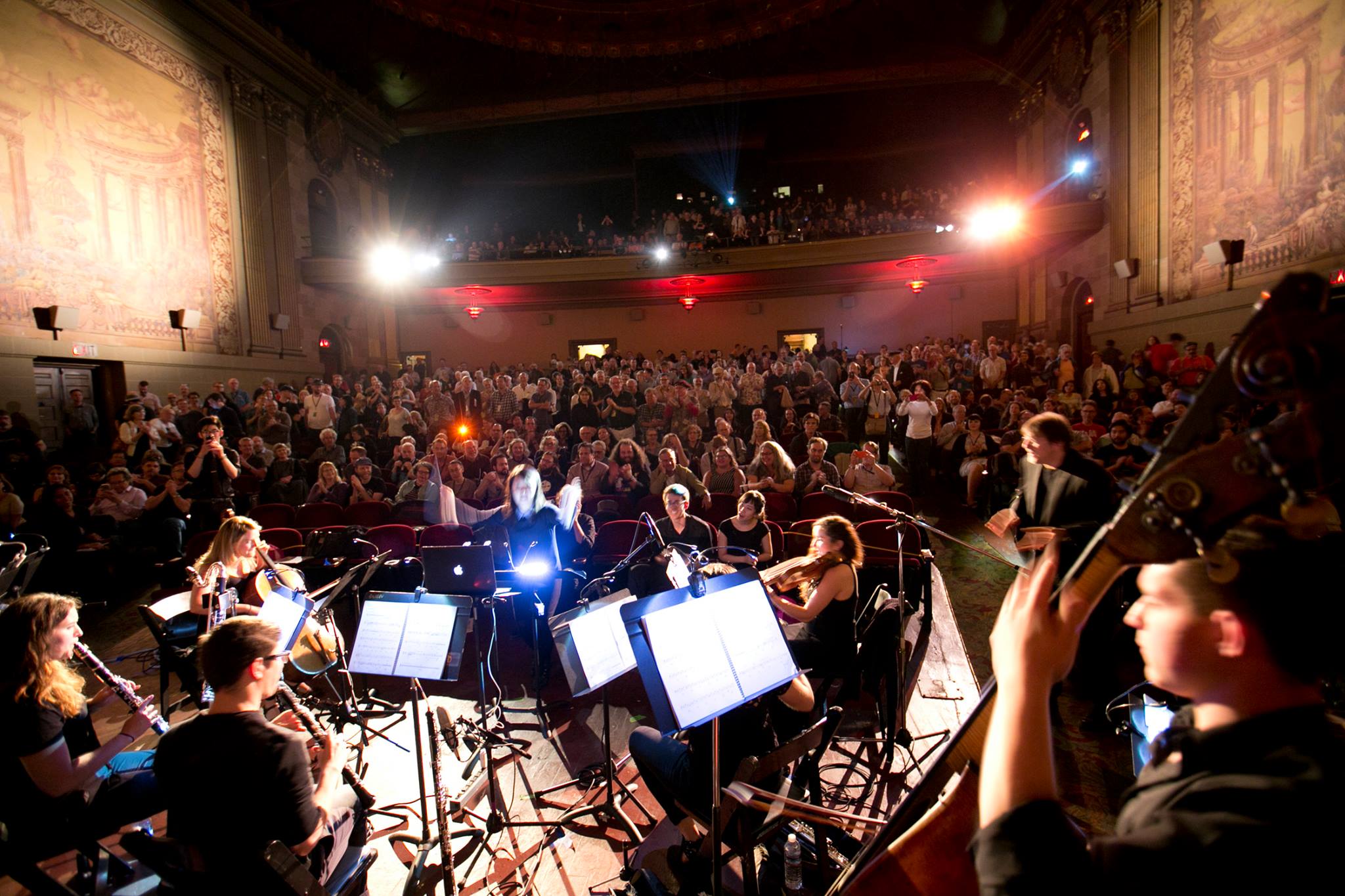
For fans of Chaplin, Monga noted that the three Essanay short films are of particular historical importance.
"The Essanay films are the films which made Chaplin a star," Monga said. "These are more mature films than the ones he made for Keystone Studios the year before, and the films in which he developed the 'Little Tramp' character."
They also have some local ties: they were shot at Essanay's East Bay facility in Niles, CA, which is now part of Fremont. Though Essanay Studios did not survive into the 1920s, the building still stands; it now houses the Niles Essanay Silent Film Museum.
Monga is particularly excited about the screening of Different from the Others, believed to be the first gay-centric film. Produced in 1919 during Germany's permissive Weimar Era, the film went underground for decades after the Nazis rose to power in 1933 and ordered all prints of it destroyed.
While a DVD with a truncated version of the film was made available in 2003, the festival is screening a longer print that features newly discovered scenes. "It's as complete a print as can be found," Monga said. "It's the first film that offered a straightforward look at homosexuality."
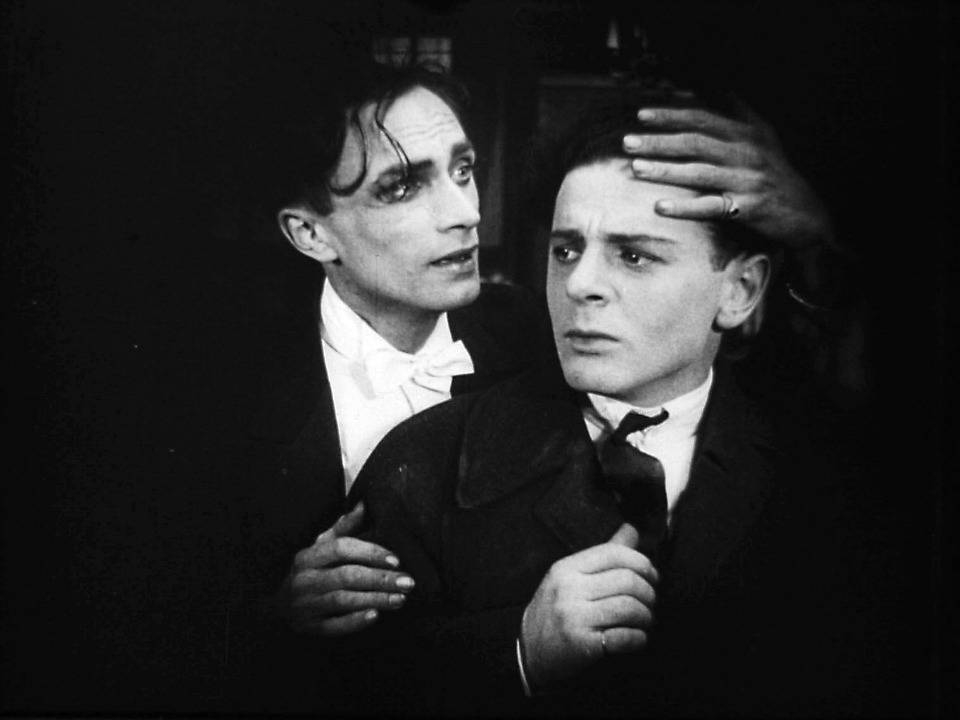
As for Strike, Eisenstein's first film, "it features dynamic editing and touches upon social issues that fit in with what's now happening at Standing Rock," Monga said.
Monga hopes those who dismiss silent films in favor of newer fare will consider giving the festival a chance.
"People want to see the latest films, and I do too," she said. "The hardest part of my job is to get people through the door—once they're inside, we have fans for life. These are really extraordinary films at shown at the beautiful Castro Theater. It's a glorious way to spend the day."
Day of Silents will commence at the Castro at 10am on Saturday with the Chaplin program. Screenings will continue throughout the day, concluding with Sadie Thompson at 9:15pm. Tickets can be purchased here.


